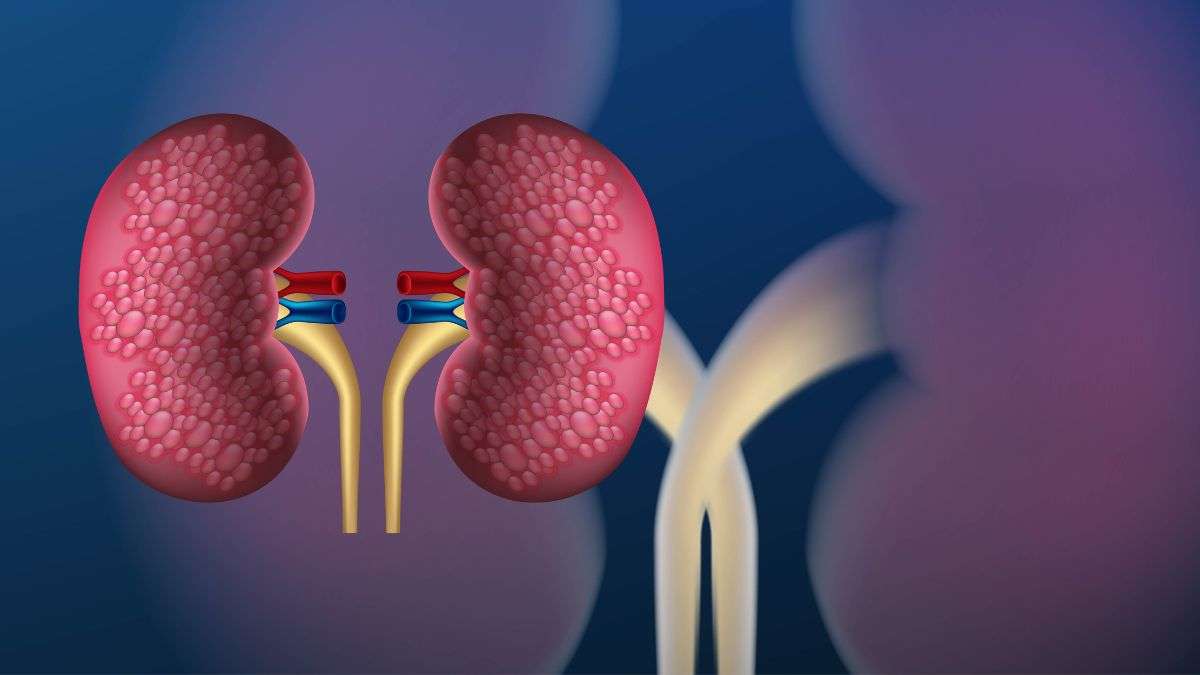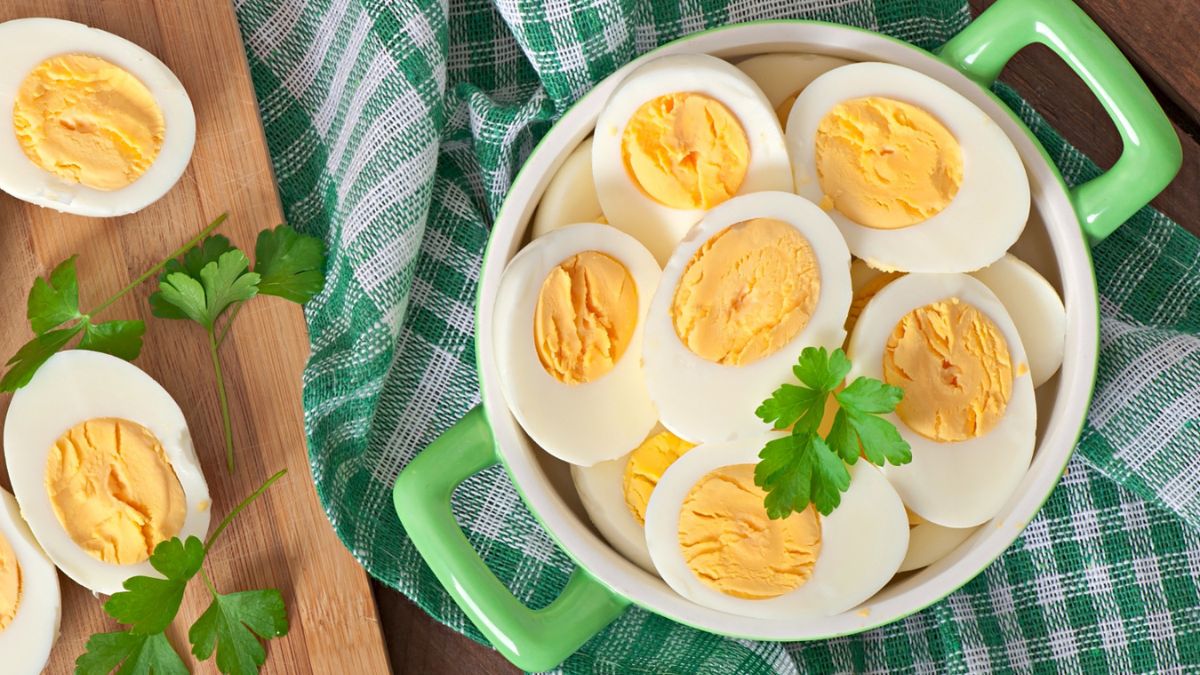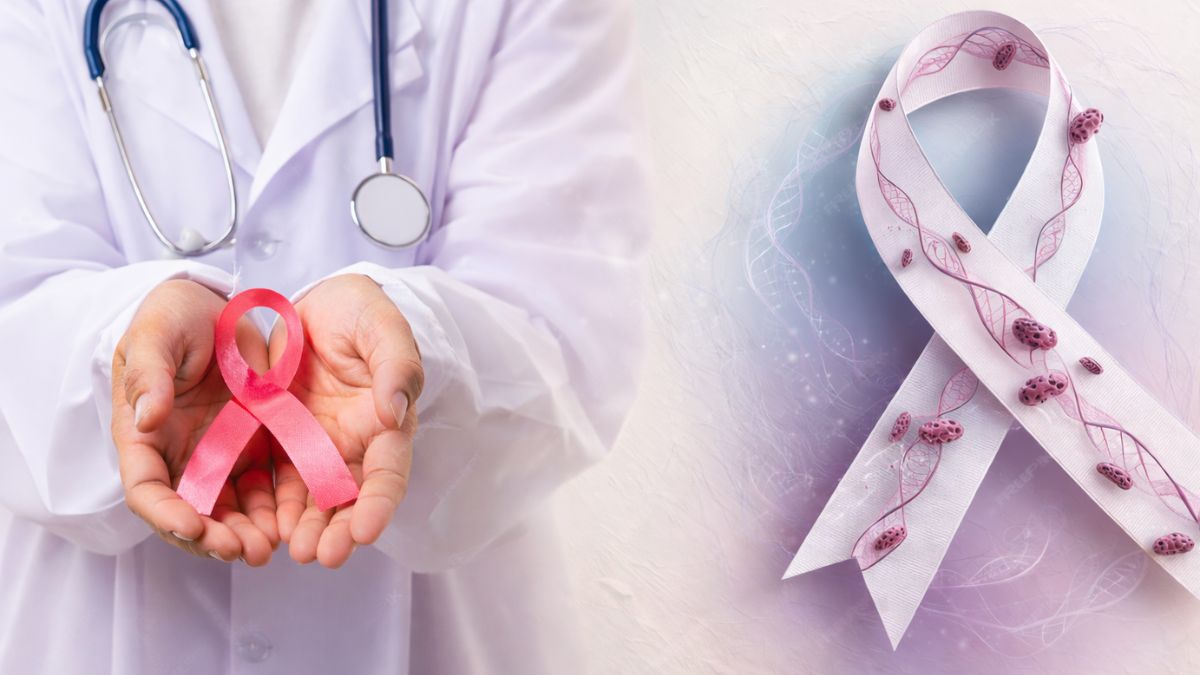
Protect Your Kidneys: Habits to Avoid
Our kidneys are essential organs that filter waste, balance fluids, and regulate blood pressure, playing a vital role in our overall health. Unfortunately, many of our daily habits can inadvertently put our kidneys under stress, leading to long-term damage. Dr. Kshitij Raghuvanshi, a Urologist at Ruby Hall Clinic in Pune, highlights some common practices that can harm kidney health and offers tips on how to avoid them.
One of the most concerning habits is the frequent use of over-the-counter (OTC) painkillers, particularly non-steroidal anti-inflammatory drugs (NSAIDs) like ibuprofen and naproxen. Many people rely on these medications for headaches, body pains, or menstrual cramps. However, using them excessively or without medical guidance can be harmful. Long-term or heavy usage can cause chronic interstitial nephritis, a condition that can lead to permanent kidney failure. The risk escalates when multiple painkillers are combined or recommended dosages are surpassed.
Another misconception is that alternatives like sea salt or Himalayan pink salt are healthier than regular table salt. In reality, all salts contain sodium chloride, with only slight differences in trace minerals. The true danger lies in consuming too much sodium, which can elevate blood pressure—a primary cause of kidney damage. When the body has excess salt, the kidneys must work harder to excrete it, which can harm their function over time. The key is not to switch salts but to limit overall sodium intake regardless of the source.
Staying hydrated is crucial, but overhydration can be just as harmful. Drinking six to seven liters of water daily does not necessarily protect kidneys and can lead to hyponatremia, a condition where blood sodium levels drop too low. This forces the kidneys to work overtime, and in severe cases, it can lead to serious health issues like brain swelling or seizures. For most healthy adults, two to three liters of water per day is sufficient, although individual needs may vary based on activity level and climate.
In conclusion, seemingly harmless habits such as taking painkillers for minor aches, adding extra salt to meals, or consuming excessive water can quietly damage the kidneys over time. By using medications responsibly, controlling salt intake, and maintaining appropriate hydration, we can reduce unnecessary strain on our kidneys and safeguard our health for the long term.











